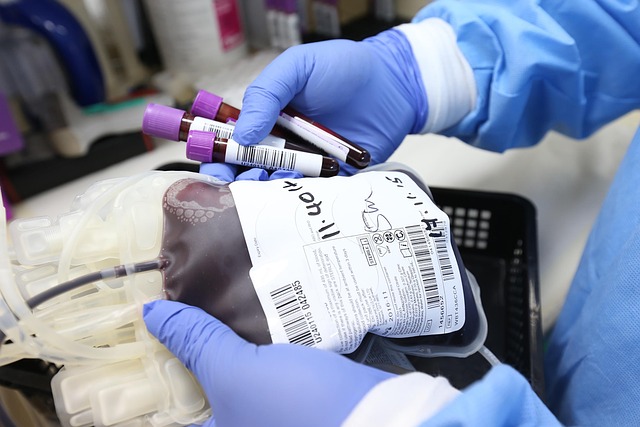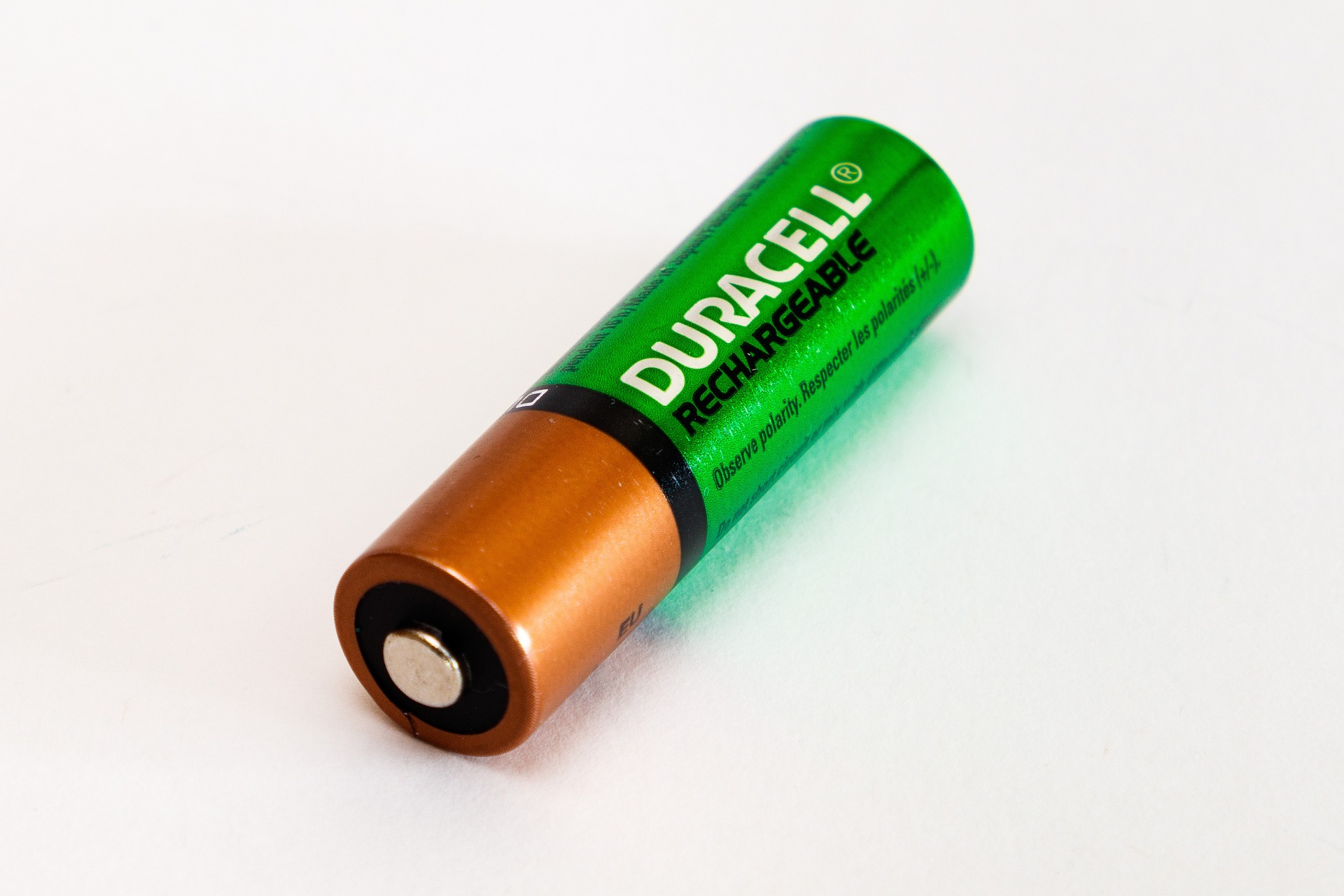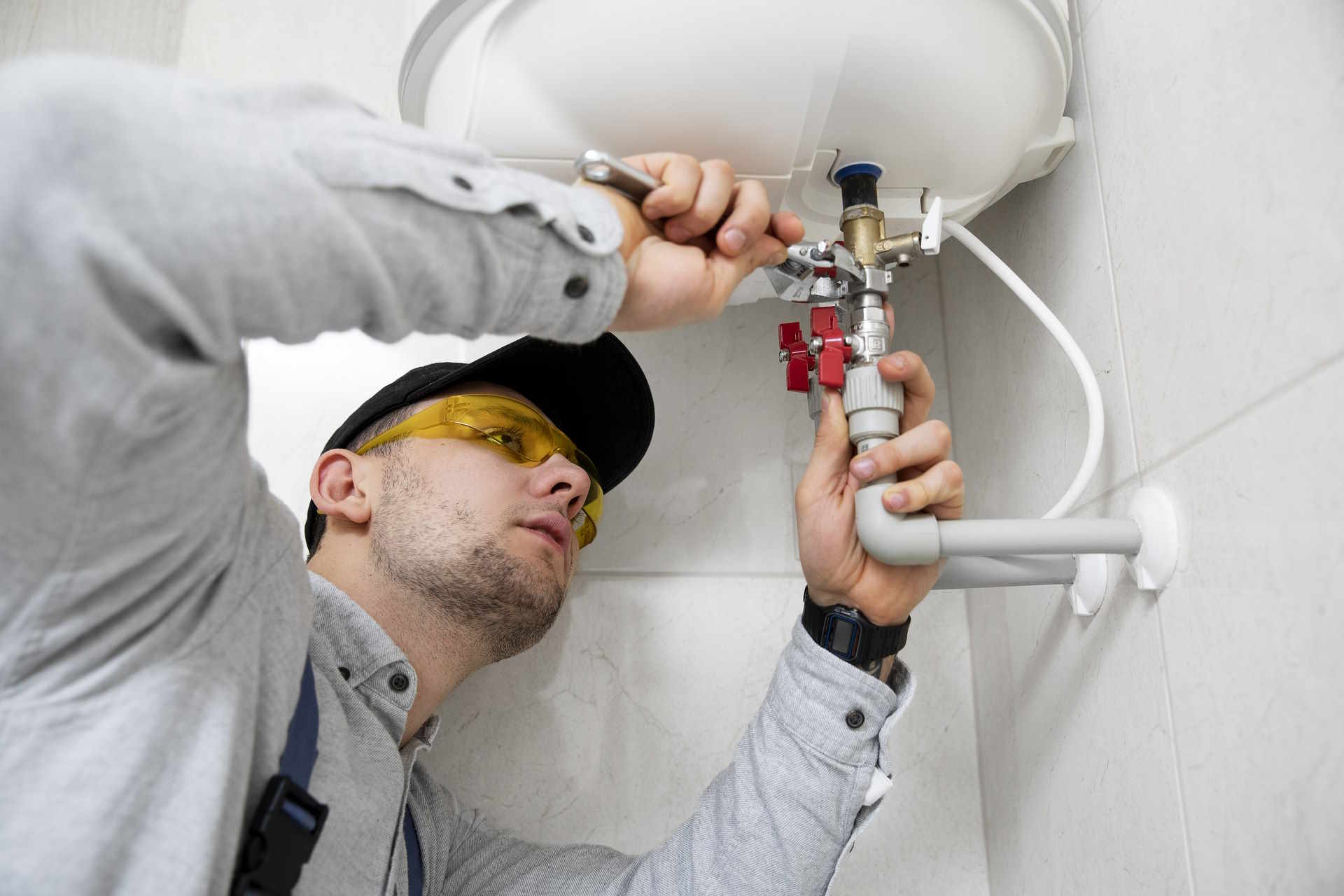Sperm Donation: A Path to Helping Others
Sperm donation plays a vital role in modern fertility treatments, offering hope to individuals and couples struggling with infertility. This medical process involves careful screening, precise protocols, and important considerations regarding anonymity and compensation. As fertility treatments continue to advance, understanding the comprehensive nature of sperm donation becomes increasingly important for both potential donors and recipients in the medical community.

What is sperm donation and how does it work?
Sperm donation is a medical procedure where a man voluntarily provides his sperm to a fertility clinic or sperm bank. The donated sperm is then used to help individuals or couples who are unable to conceive naturally. The process typically involves several steps:
-
Donor screening: Potential donors undergo rigorous medical and genetic testing to ensure they are healthy and free from hereditary diseases.
-
Sperm collection: Approved donors provide sperm samples through masturbation in a private room at the clinic.
-
Sperm processing: The collected samples are analyzed, washed, and frozen for future use.
-
Recipient matching: The donated sperm is matched with recipients based on physical characteristics and other criteria.
-
Insemination or IVF: The sperm is used in either artificial insemination or in vitro fertilization procedures.
Who can become a sperm donor?
Sperm donation websites and clinics typically have strict criteria for potential donors. Generally, eligible donors must:
-
Be between 18 and 40 years old
-
Be in good physical and mental health
-
Have no family history of genetic disorders
-
Be willing to undergo extensive medical testing
-
Have a high sperm count and good sperm motility
-
Be able to provide a detailed medical and family history
Additionally, many clinics prefer donors who have completed or are pursuing higher education and have a clean lifestyle free from smoking and excessive alcohol consumption.
What are the benefits of sperm donation?
Sperm donation offers numerous benefits to both donors and recipients:
For donors:
-
The opportunity to help others fulfill their dreams of parenthood
-
Potential financial compensation for time and effort
-
The satisfaction of contributing to medical research and fertility treatments
For recipients:
-
A chance to experience pregnancy and childbirth
-
Access to carefully screened genetic material
-
The ability to choose specific donor characteristics
-
An alternative to adoption for those who wish to carry a child
What are the legal and ethical considerations of sperm donation?
Sperm donation involves complex legal and ethical considerations:
-
Donor anonymity: Some countries allow anonymous donation, while others require donors to be identifiable when the child reaches a certain age.
-
Parental rights: Donors typically sign agreements relinquishing all parental rights and responsibilities.
-
Limits on offspring: Many countries and clinics limit the number of children that can be conceived from a single donor to prevent accidental consanguinity.
-
Informed consent: Both donors and recipients must be fully informed about the process and potential outcomes.
-
Counseling: Many clinics offer psychological counseling to help all parties navigate the emotional aspects of sperm donation.
What unique aspects of sperm donation should Canadians be aware of?
In Canada, sperm donation is regulated by the Assisted Human Reproduction Act. Some key points for Canadians to consider include:
-
Payment for sperm donation is prohibited in Canada, but donors can be reimbursed for expenses.
-
There is a shortage of Canadian sperm donors, leading to increased reliance on imported sperm.
-
Donor-conceived individuals have the right to access non-identifying information about their donor upon reaching the age of majority.
-
The use of known donors (such as friends or family members) is permitted but requires careful legal consideration.
-
Canadian fertility clinics must adhere to strict safety and screening protocols set by Health Canada.
How much does sperm donation cost, and where can one find reputable providers?
The cost of sperm donation can vary significantly depending on the clinic and the specific services required. Here’s a general overview of costs and providers in Canada:
| Service/Product | Provider | Cost Estimation (CAD) |
|---|---|---|
| Donor Sperm Vial | ReproMed | $800 - $1,000 per vial |
| Donor Sperm Vial | Outreach Health Services | $900 - $1,200 per vial |
| IUI Procedure | Olive Fertility Centre | $350 - $500 per cycle |
| IVF Cycle with Donor Sperm | TRIO Fertility | $10,000 - $15,000 |
| Genetic Screening | Genesis Fertility Centre | $300 - $500 |
Prices, rates, or cost estimates mentioned in this article are based on the latest available information but may change over time. Independent research is advised before making financial decisions.
It’s important to note that these costs do not include additional expenses such as medication, storage fees, or multiple treatment cycles that may be necessary. Some fertility clinics offer package deals or financing options to help manage costs.
Reputable sperm donation providers in Canada include:
-
ReproMed (Toronto)
-
Outreach Health Services (Vancouver)
-
CAN-AM Cryoservices (Calgary)
-
TRIO Fertility (Toronto)
-
Olive Fertility Centre (Vancouver)
When choosing a provider, consider factors such as success rates, donor selection process, and available support services. It’s advisable to consult with multiple clinics to find the best fit for your needs and budget.
In conclusion, sperm donation is a complex but rewarding process that offers hope to many individuals and couples struggling with infertility. By understanding the medical, legal, and financial aspects of sperm donation, potential donors and recipients can make informed decisions about their involvement in this life-changing journey.
This article is for informational purposes only and should not be considered medical advice. Please consult a qualified healthcare professional for personalized guidance and treatment.




